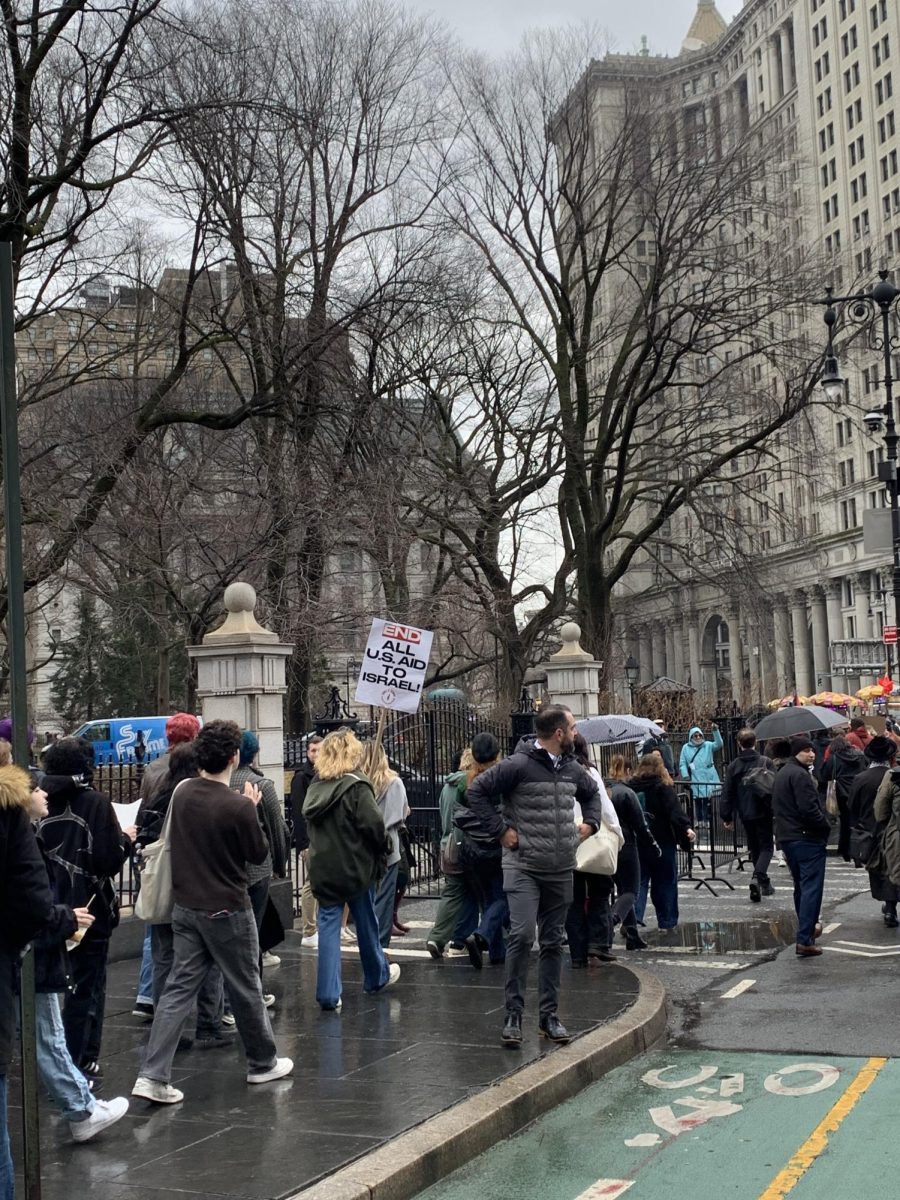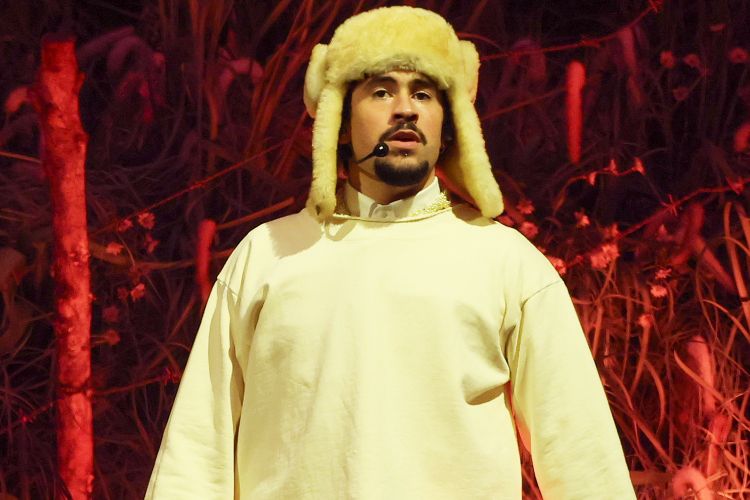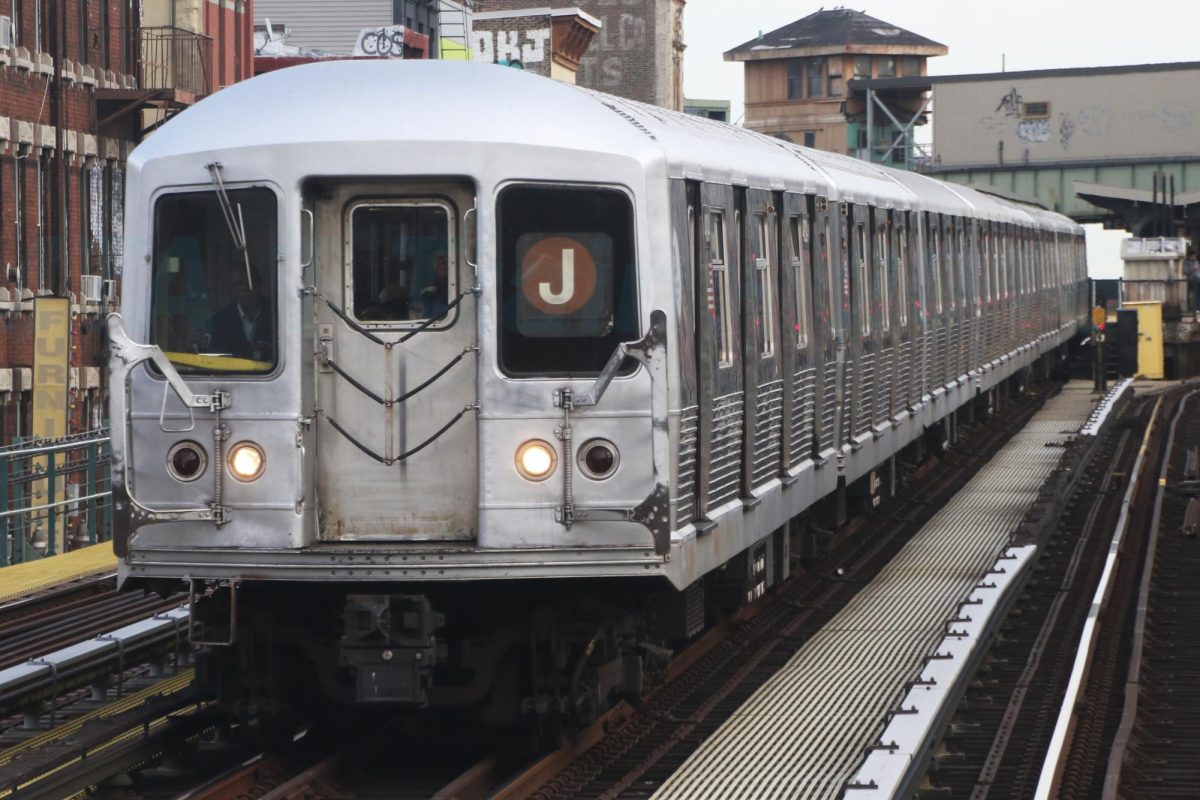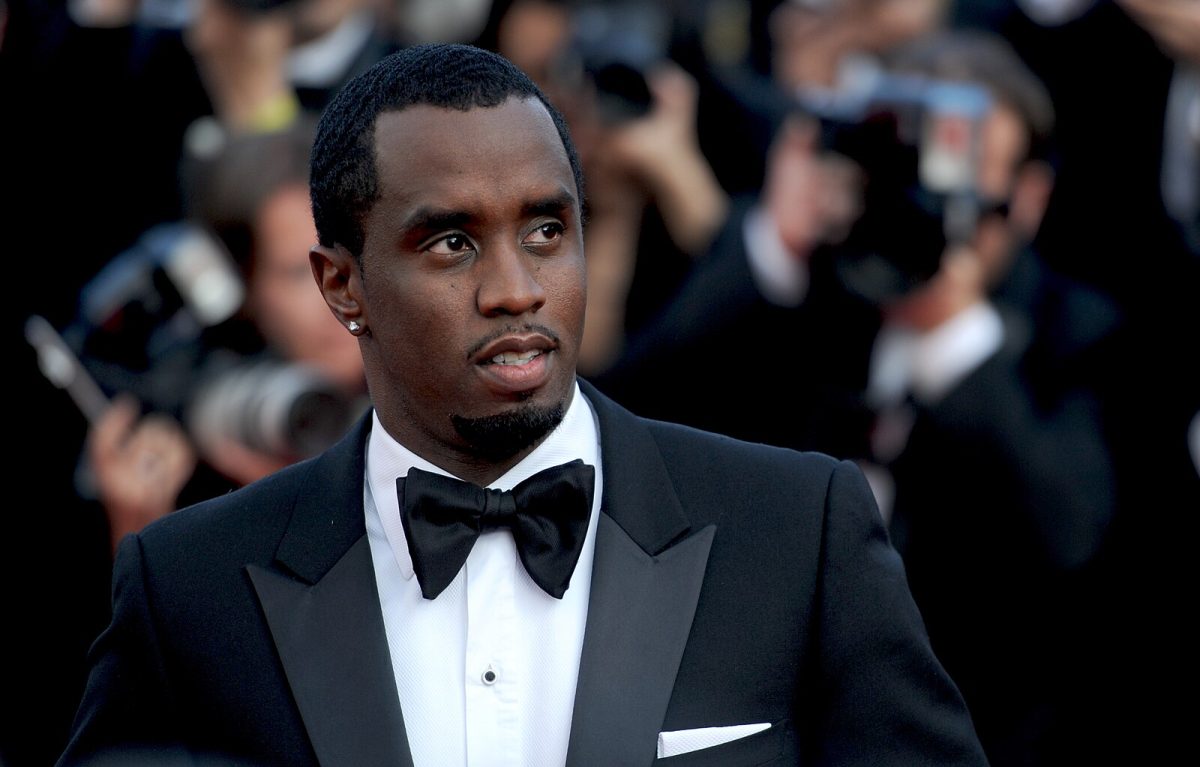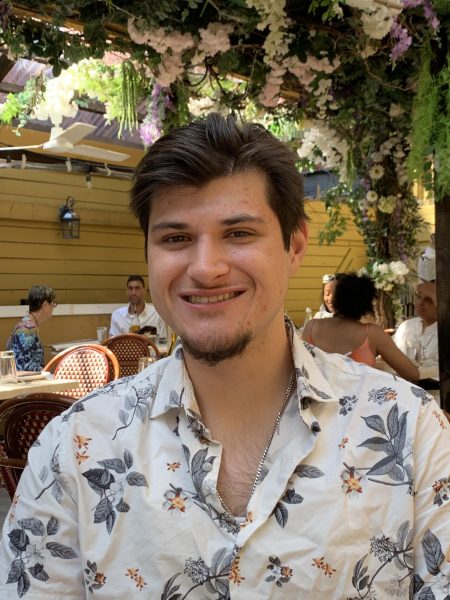On Feb. 28, the University’s Communist Student Organization held a walkout protesting “the school’s complicity in genocide,” referring to the dire humanitarian crisis unfolding because of the Israel-Palestine War. After the Oct. 7 attacks, more than 31,000 Palestinians have died in Gaza where almost 50% of the population is under the age of eighteen, according to the Gaza Health Ministry. While many college and university campuses around the United States have hosted pro-Palestine demonstrations in the past few months, the walk-out was the University’s first.
According to the school’s protest and demonstration policy, any member of the Pace community must seek approval from the Dean for students in order to have a demonstration on University property. This type of policy is common at private universities which are not bound by the Constitution’s First Amendment, however, many private universities believe freedom of speech to be a critical component of the environment of higher education. More often than not, such schools carve out specific instances in which the right to protest is protected. For example, Fordham University, which is a private university located in the Bronx, also requires student organizations to contact the Dean of Students to have their rallies and demonstrations approved. However, the school also specifically gives students the option to appeal, which is something Pace does not offer. According to the Communists, ultimately the demonstration was approved.
The rally began in 15 Beekman with organizers using a megaphone to amplify their chants, calling for a “Free Palestine.” The group of students then made their way in front of One Pace Plaza, where they also chanted for an “Intifada Revolution.” ‘Intifada’ derives from the Arabic word ‘nafada’ which means to “shake off.” The phrase, while commonly used at protests and rallies in support of Palestine, has generated significant controversy with some believing it to be antisemitic. Others see the phrase as a means to show support for the Palestinian people against Israeli occupation.
As the demonstration made its way to the front of One Pace Plaza, the group was met with only a couple of counter-protesters, with one student loudly yelling at the group, “Just say you’re antisemitic!” Eventually, police officers were seen approaching the Dean of Students, who then told the organizers that they could no longer use their megaphone, to which they complied. Also present at the rally was a group of Jewish men from Neturei Karta, a small, anti-zionist religious organization that strongly opposes the existence of the state of Israel. As the Dean of Students approached the organizers, the three men made their way from the sidelines to stand with the group of students.
Speaking at the event was Rabbi Yisroel Dovid Weiss, the spokesperson for Neturei Karta. Weiss has garnered significant controversy in the past few decades, most notably for attending a conference in Iran where David Duke, the former Grand Wizard of the KKK, was present. Weiss made it specifically clear why he was there, stating “We came as religious Jews because of this terrible slaughter that is happening in Gaza and the occupation as a whole which is being done in the name of religion, my religion, Judaism. In actuality, Judaism is totally contradictory to the occupation and the mere existence of a Jewish state.” While Neturei Karta is a tiny organization, its presence at pro-Palestine rallies has been notable. Weiss went on to say, “We go to every place, to show and clarify that Zionism is not representative of the religion and it’s not a religious conflict.”
One student present at the rally, who preferred not to share their name, stated, “I am here because I refuse to be complicit in this genocide against Palestinians. I do not condone what my University does with its money and I don’t agree with what my country is doing with its money.” As universities across the country have chosen to divest from companies directly profiting off of the Israel-Palestine conflict, it is unclear whether the student was referring to the University’s investments, which are privately managed by an investment firm, or the fact that two student organizations on campus are vocal about their support for Israel and also receive funding from the student’s activities fund, but there exists no pro-Palestinian counterpart with access to the same funds. The University maintains that they do not take into consideration an organization’s stance on political, religious, ethnic, racial, gender-based and sexual orientation interests or beliefs when determining to officially recognize a club, according to Jeff Barnett, the Dean of Students and Vice President for Student Affairs.
After the rally, students protesting made their way across the street where a 24-hour vigil was being held in front of City Hall to remember the names of the Palestinians who have died since the conflict began. The organizers then spoke with the group that initiated the vigil, and students rallied with a variety of different people, young and old alike. One man could be heard saying, “It’s great to see so many young people here. We can do this.”
Despite the differing perspectives, the rally served as a platform for students to express solidarity with the Palestinian people and call for an end to what they perceive as genocide. The subsequent participation in the vigil outside City Hall further demonstrated the commitment of students to continue raising awareness and advocating for change. As discussions about the Israel-Palestine conflict persist on campus, the communist student organization has stated they remain steadfast in their determination to agitate for action and amplify their message. The recent walkout highlights the complex dynamics of free speech, political activism, and campus policies at the University, but students were still able to successfully find a way to make sure their voices were heard.

